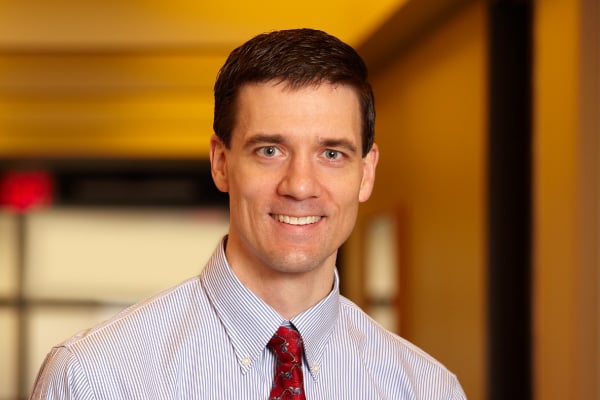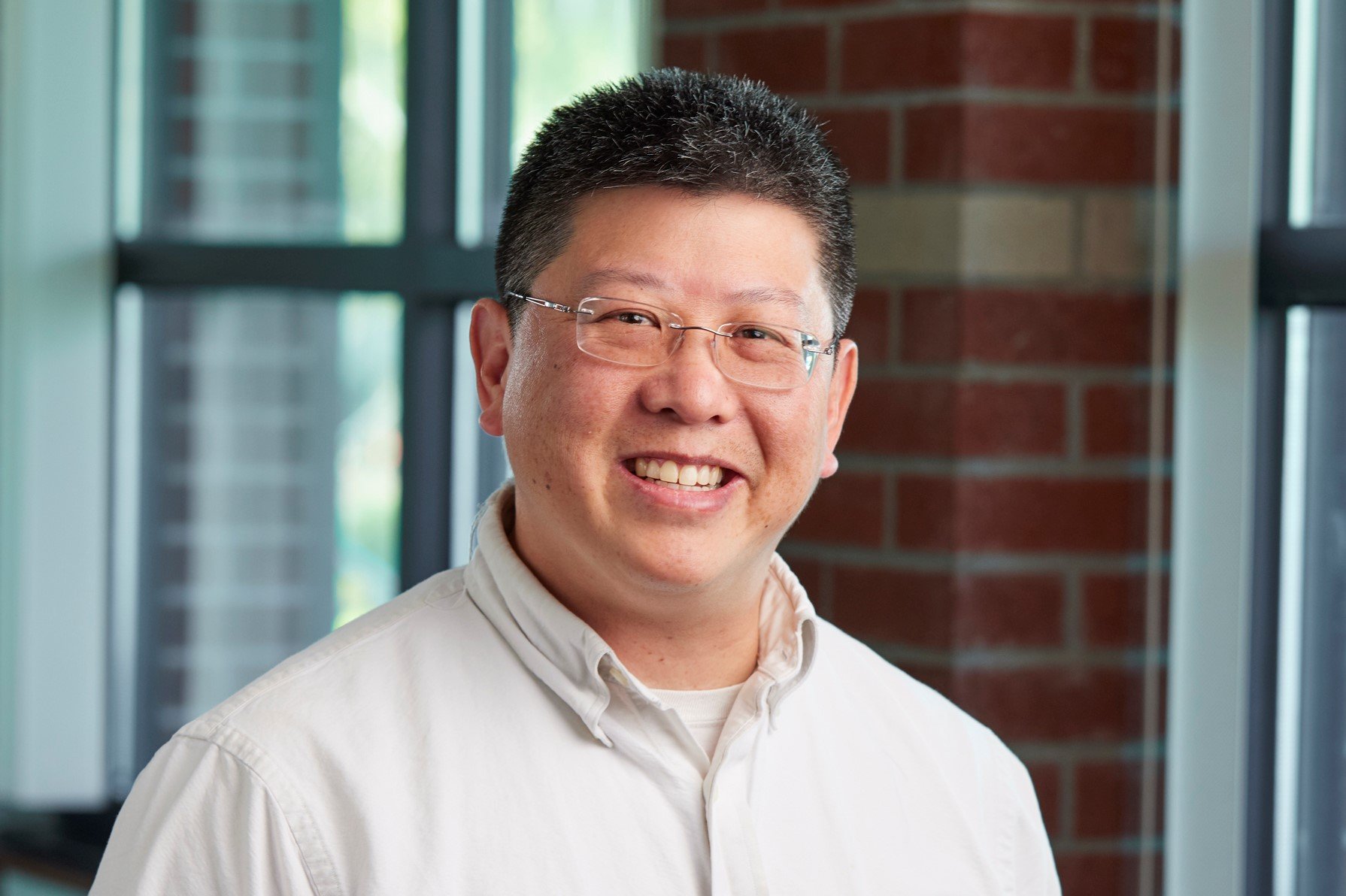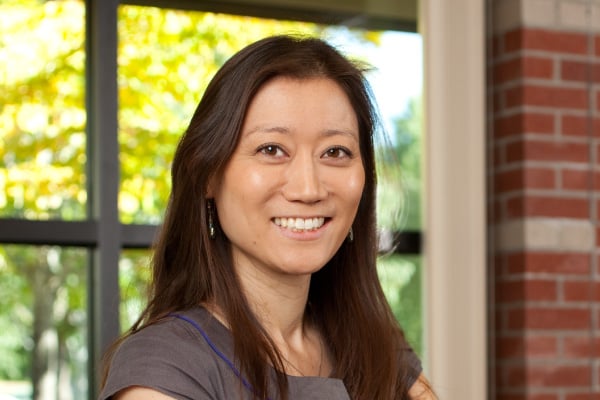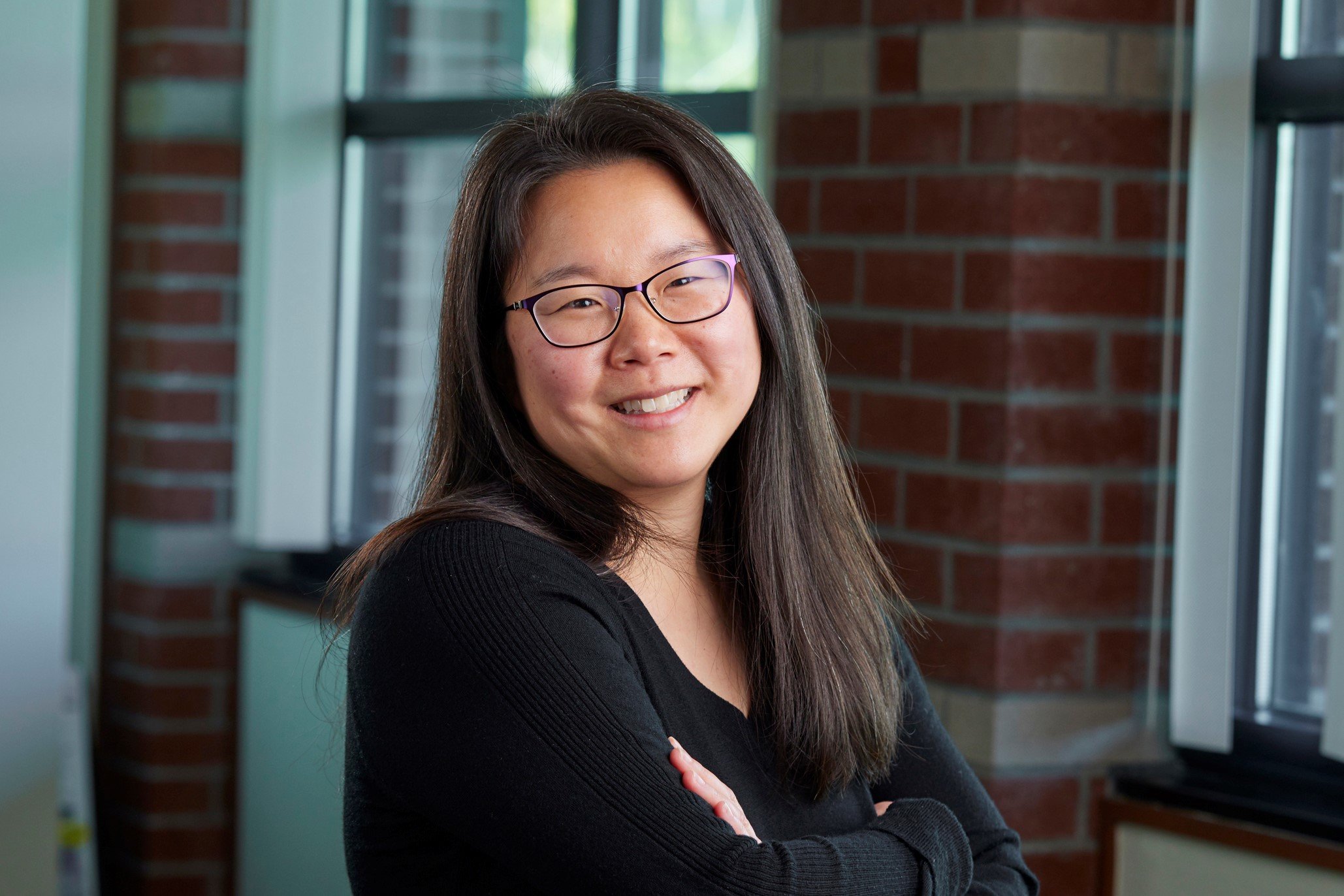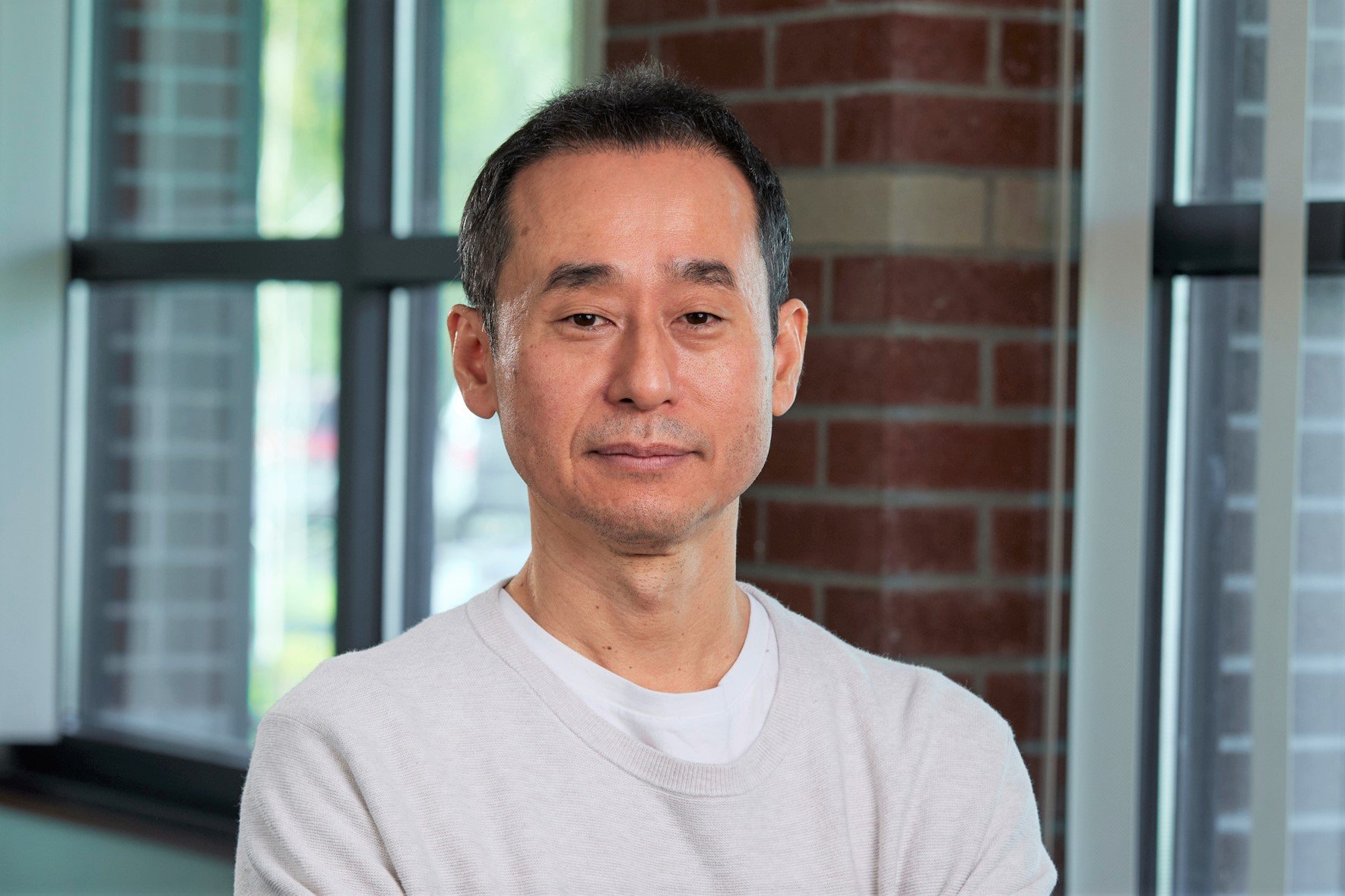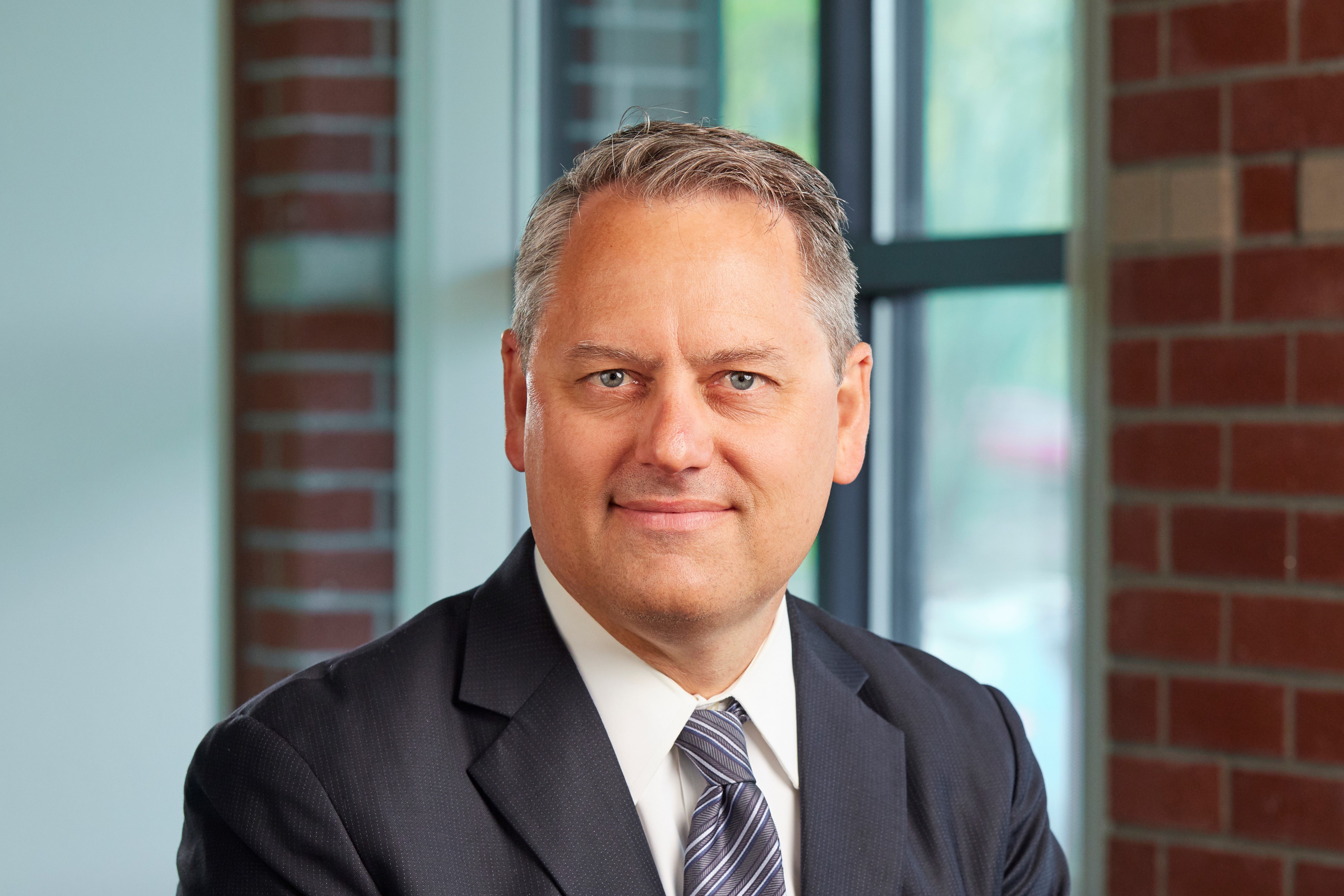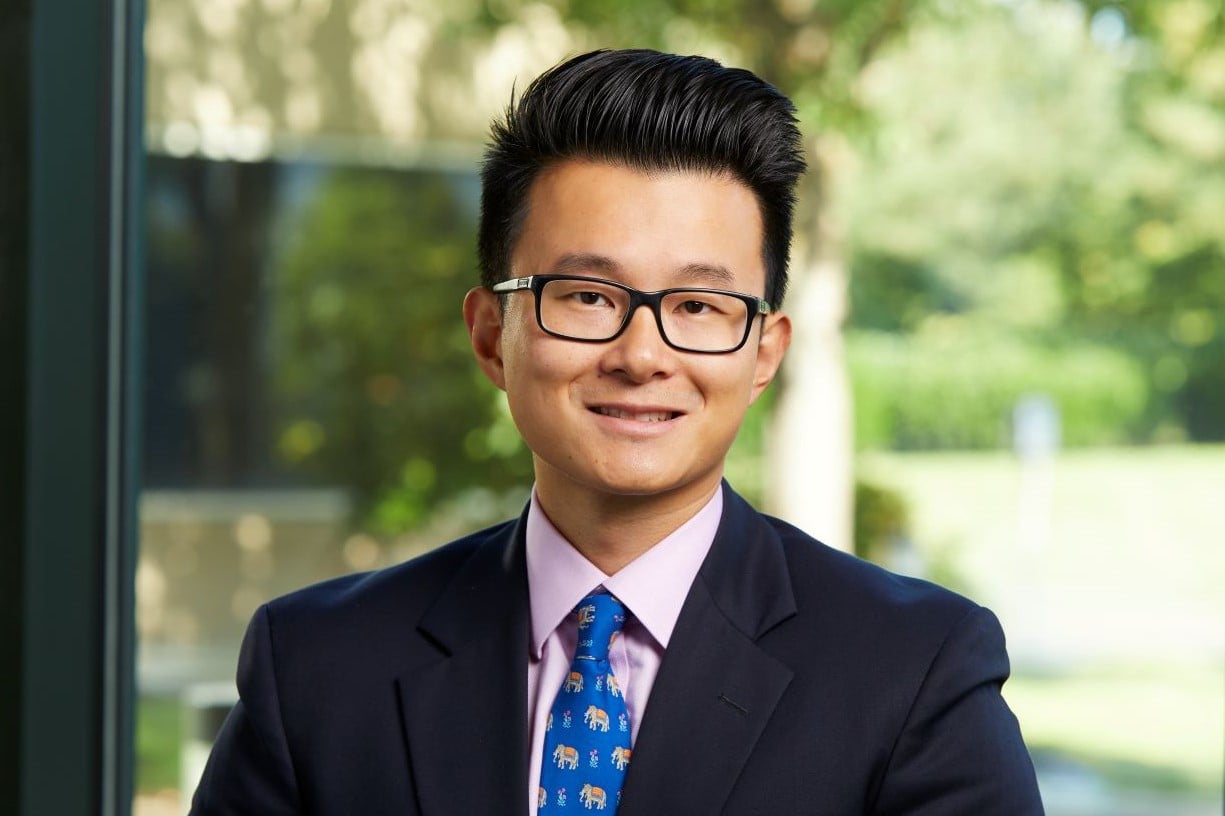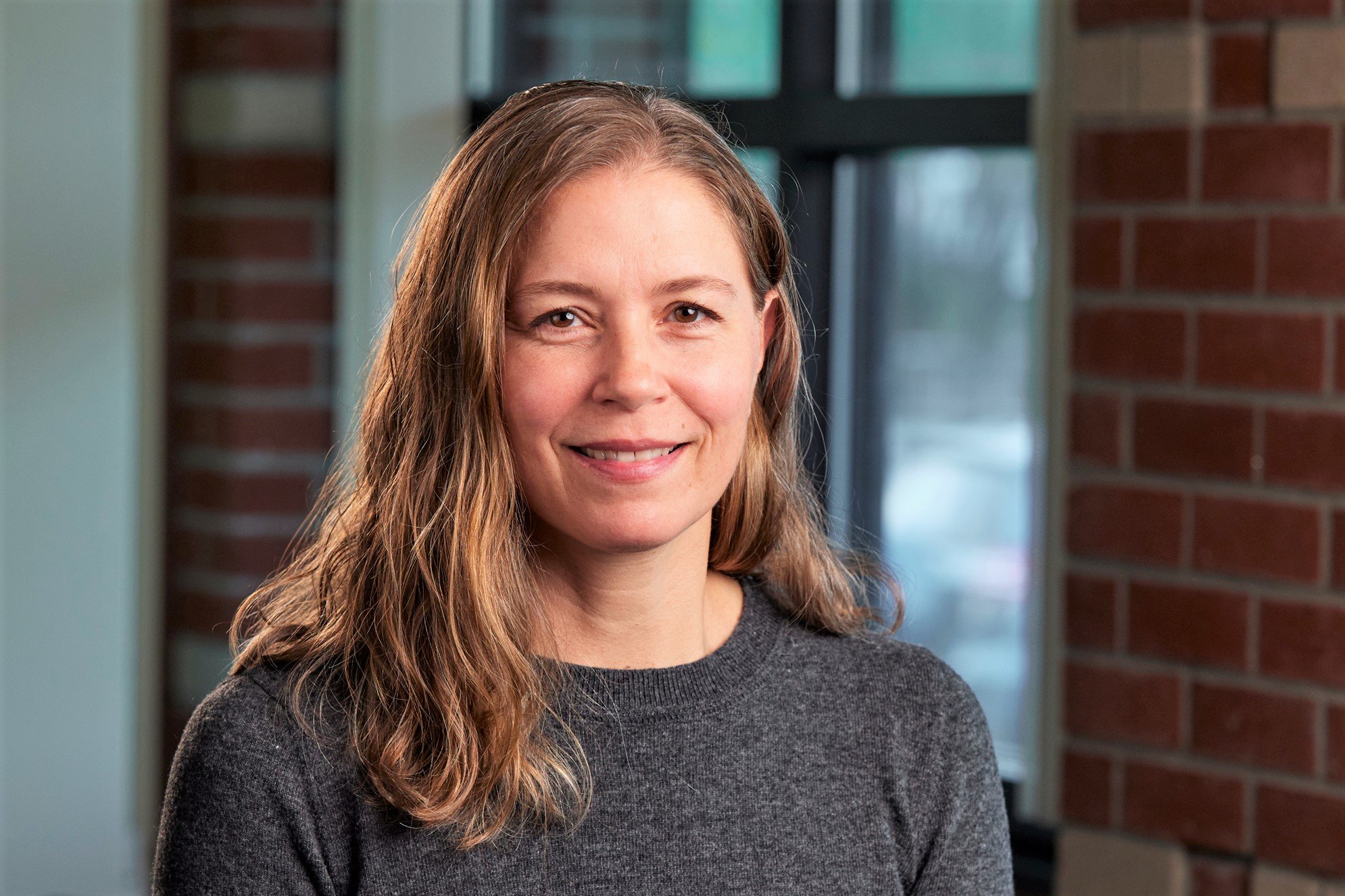Patients Newly Diagnosed with Lung Cancer
You Received a Lung Cancer Diagnosis. Now What?
A lung cancer diagnosis can leave you wondering what is next. WVCI created this guide to help you prepare for your first appointment with an oncologist at a cancer treatment center.
Transitioning to An Oncologist Who Treats Lung Cancer
It’s likely your lung cancer diagnosis came from a primary care physician or a pulmonologist (lung specialist) who cared for you when you noticed symptoms. Now that it’s time for treatment, you will need to see a medical oncologist.
Your medical oncologist will review your biopsy results, images, and any other test results to learn more about your specific case before meeting with the WVCI team of lung cancer experts to develop a treatment plan based on your type of lung cancer. Typically, the medical oncologist will lead the care team for our lung cancer patients.
Throughout treatment at Willamette Valley Cancer Institute and Research Center, you will also meet with other cancer specialists which will likely include:
- A radiation oncologist who plans and administers radiation therapy if this type of treatment is part of your plan.
- A thoracic surgeon who specializes in performing surgery to the chest and lungs.
- Advanced practice providers (APPs), including nurse practitioners and physician assistants, who work with your oncologist. You may meet with an APP at some of your appointments. Feel free to talk with them like you would your oncologist.
- Other cancer specialists, including oncology nurses, radiation technicians, dietitians, and social workers, for your supportive care needs.
Understanding Your Type of Lung Cancer
Several categories of lung cancer exist, and the type you have will influence the kind of treatment you receive. The two most common forms are small cell lung cancer and non-small cell lung cancer (NSCLC). Learn more about the primary types of lung cancer below.
Determining the Extent of Your Lung Cancer
Your oncologist will determine the stage (extent) of your small cell or non-small cell lung cancer based upon the results of any tests or imaging performed. This is required to see if the cancer has spread or grown outside of the lungs. The stage is one of the determining factors in the recommended treatment.
At Willamette Valley Cancer, your oncologist will recommend treatment based on your type of lung cancer, its stage and your health condition.
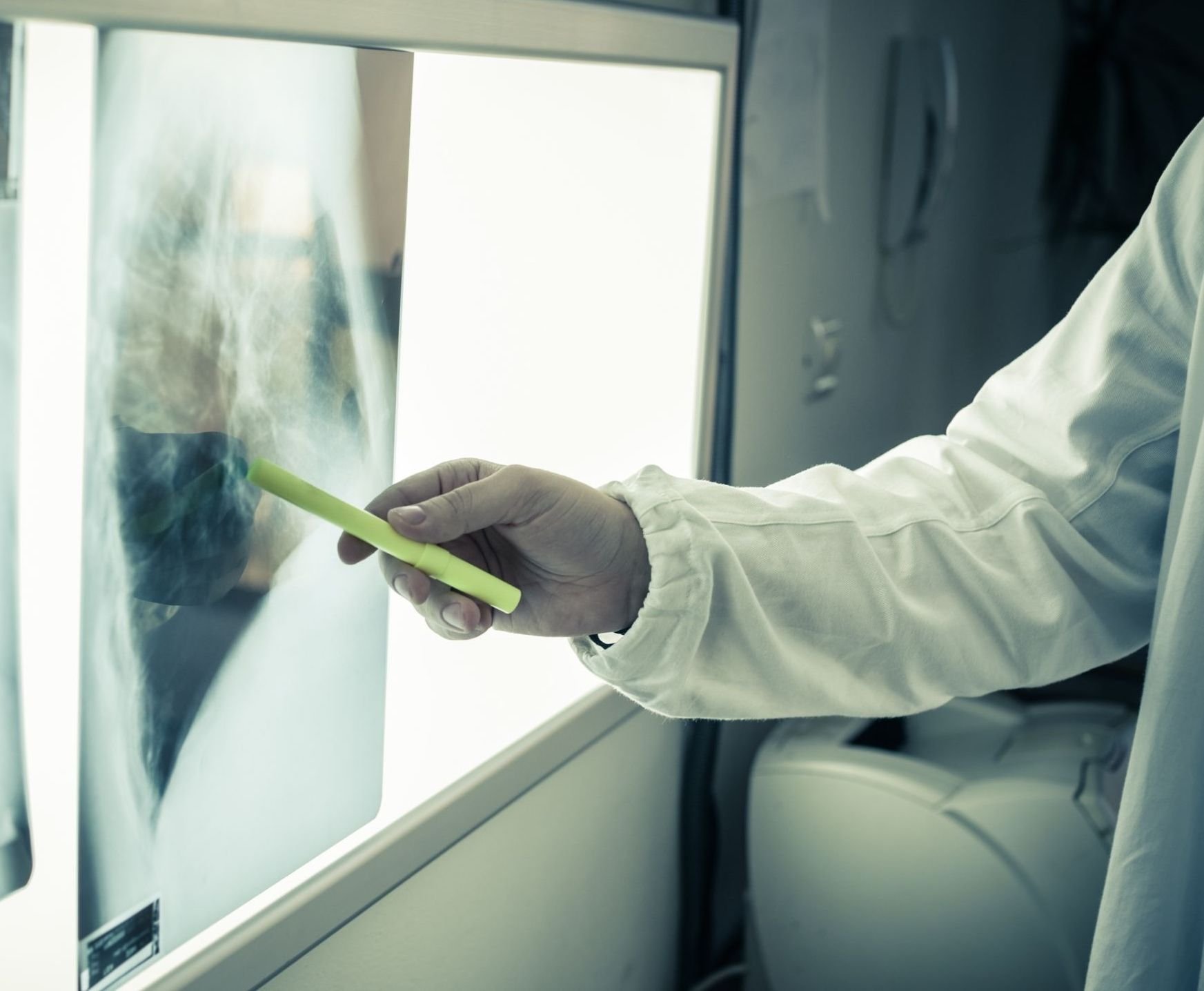
How Will We Choose the Best Lung Cancer Treatment Plan?
Before recommending a treatment plan, the lung cancer doctor will evaluate your overall health, the specific type of lung cancer, and its stage. Depending on your specific situation, treatment options may include surgery, radiation therapy, hormone therapy, chemotherapy, targeted therapy, and clinical trials. Learn more about the treatments available to patients with the two most common types of lung cancer.
What to Expect at Your First Oncology Appointment
During your first appointment, there will be a lot of information reviewed, and it can be hard to process everything if you’re alone. Therefore, we encourage you to bring a relative or friend along. You should start taking notes as soon as you’re diagnosed, regardless of what type of medical professional you are seeing. Keep track of any questions, dates, medicine schedules, and how you are feeling. All of this important information will be helpful to your oncologist and lung cancer care team.
Questions to Ask Your Lung Cancer Doctor
You or your family members likely have a lot of questions. Before your appointment, write down any questions or thoughts so you can have them answered by the oncologist. Examples of some questions include:
- What type of lung cancer do I have and what is the standard treatment for it?
- What side effects, if any, can I expect?
- I want to stop smoking. Are there medications or programs that can help?
- During cancer treatment, are there times I should see or contact my primary care physician rather than the oncologist?
- Will I need surgery? At what point in the treatment process would that occur?
- What activities, if any, should I avoid? What ones should I add to my routine?
- What is best to eat and drink while going through lung cancer treatment?
- Are there cancer research trials that might be an option?
- Is supportive care, such as support groups or counseling, available?
What’s Included During a Second Opinion Appointment?
To feel confident in your lung cancer diagnosis and the doctor who will be taking care of you, you may wish to get a second opinion before beginning a lung cancer treatment plan. At WVCI, our oncologists provide second opinions for all types of cancer. While most insurance companies will cover a second opinion assessment, it’s best to check with your insurance provider to verify your coverage before making an appointment.
What About Lung Cancer Clinical Trials?
Willamette Valley Cancer Institute and Research Center is fortunate to participates in clinical trials through Sarah Cannon Research Institute (SCRI), a joint venture with US Oncology Research and one of the world’s leading oncology research organizations conducting community-based clinical trials. Through our partnership, we can provide many investigational drugs through clinical trials, so that patients have access to experimental cancer treatments otherwise unavailable. We are currently offering multiple trials for eligible lung cancer patients. Learn more and view open lung cancer clinical trials in our area. Be sure to ask your physician if any current trials are a good fit for you.
Find a Lung Cancer Doctor in the Willamette Valley and the Oregon Coast
Albany
Lincoln City
Newport
Lung Cancer Centers at Willamette Valley Cancer Institute
WVCI lung cancer centers provide patients with the latest in lung cancer treatments. Select a location that is convenient for you to request a consultation with an oncologist.



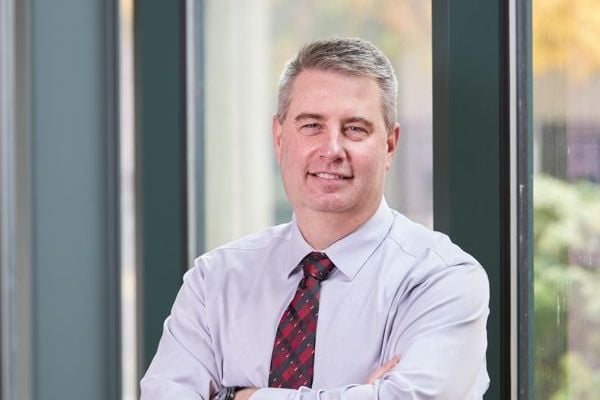
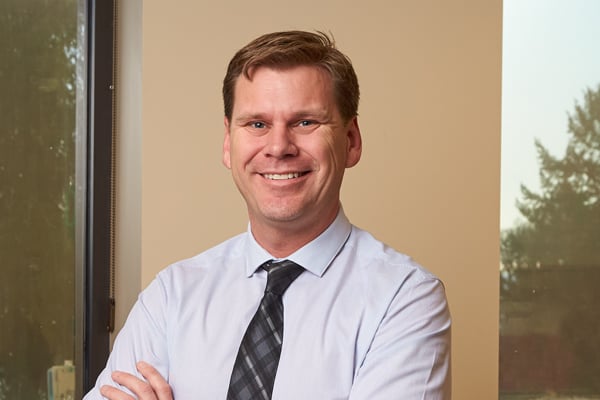
.jpg)
